World Accreditation Day 2022: Accreditation’s Role in Sustainability in Economic Growth and the Environment
Accreditation: Sustainability in Economic Growth and the Environment
On Thursday, June 9, the American National Standards Institute (ANSI) and the ANSI National Accreditation Board (ANAB) will join accreditation organizations worldwide to recognize World Accreditation Day (WAD) 2022. Established by the International Accreditation Forum (IAF) and the International Laboratory Accreditation Cooperative (ILAC), WAD highlights the important role of accreditation around the globe.
IAF and ILAC have released a number of promotional materials highlighting WAD 2022, including a video and a brochure (on the IAF and ILAC websites), and direct interested stakeholders to visit the Public Sector Assurance and Business Benefits websites to access more materials on how accreditation can support sustainability.
As the world grapples with the catastrophic and unpredictable consequences of climate change, resource depletion, and other sustainability-related issues, urgent action is necessary to transition to a low-carbon, more sustainable, resource-efficient, and circular economy.
To enable this change, ANAB has several key initiatives underway:
- ANAB’s Accreditation Program for Greenhouse Gas (GHG) Validation/Verification Bodies (VVB): Since 2008, ANAB’s Accreditation Program for Greenhouse Gas Validation/Verification Bodies (VVB) has supported voluntary and regulatory frameworks focused on mitigating climate change. These programs have trusted ANAB’s accreditation to ensure organizations validating and verifying emissions under their systems are competent to do so and follow international standards of practice. ANAB’s GHG accreditation program is recognized globally and is a signatory to the IAF ISO 14065 Multilateral Recognition Arrangement (MLA) as well as regional MLAs including the Inter-American Accreditation Cooperation (IAAC) and the Asia Pacific Accreditation Cooperation (APAC). The MLA process helps to ensure consistency in the accreditation of GHG validators and verifiers globally. In addition, the scope of the program is expanding to include new areas of focus, including clean fuels, carbon footprint verification, and potentially Environmental, Social, and Governance (ESG) disclosure and sustainable finance.
- ANAB Accreditation for Laboratories that Analyze Per- and Polyfluoroalkyl Substances (PFAS): PFAS are a group of man-made chemicals that are resistant to water, heat, and oil. These chemicals are widely used in the manufacturing of nonstick coatings on cookware; for paper and cardboard packaging products, carpets, leather products, and textiles to enhance water, grease, and soil repellency; and in firefighting foams – but they are also toxic in relatively low concentrations, bringing with them concerns regarding contamination, human health implications, and environmental risks. PFAS analysis by a testing laboratory, and ANAB accreditation of these laboratories to assure their competency, is the first step in mitigating the effects of PFAS contamination.
This year’s WAD theme of sustainability in economic growth and the environment is well-timed with the release of some major news on environmental disclosure.
On March 21, the U.S. Securities and Exchange Commission (SEC) proposed a rule that will require companies to disclose climate-related risks that are reasonably likely to have a material impact on their business. The objective of requiring such disclosure is to help investors and other financial market participants, such as lenders and insurance underwriters, to assess and price climate-related risks and opportunities. The required information will also include disclosure of a registrant’s greenhouse gas emissions. Third-party audit of the disclosures is also required by registered accounting firms. The proposed rule seeks input on the methods for the third-party audits and the standards used in conducting these audits.
An existing model ready to support the qualification of these auditors can be found through ANAB’s Accreditation Program for Greenhouse Gas Validation/Verification Bodies. ANAB is working to expand its accreditation offerings to accredit validation and verification of these new types of environmental information. ANAB seeks feedback from scheme owners and assurance providers on how ANAB can meet demands for accreditation, boosting the legitimacy of environmental claims.
Follow @ANAB_ACCREDIT and the conversation on social media: #WAD2022.
Learn more about ANSI and ANAB’s activities related to climate change in a video produced for the 2021 ISO General Assembly Meeting: How ANAB Helps to Address Climate Change.
